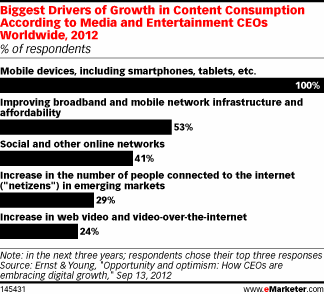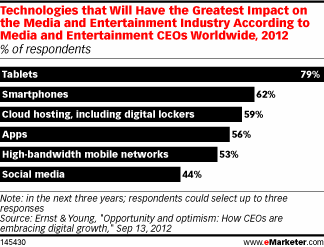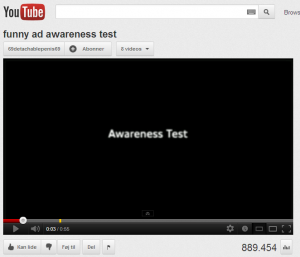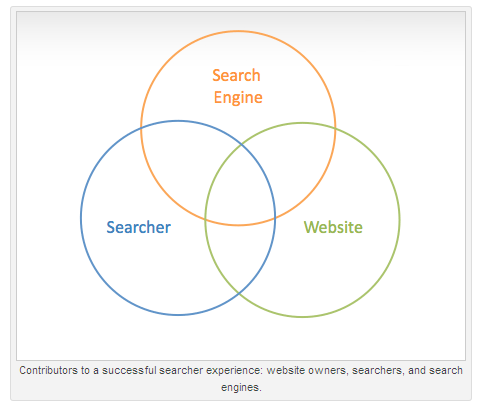What was recently unknown to me has actually been on the market for a while. Google Wallet, released on September 19 2011, recently expanded support to all major credit and debit cards. Basically you use your mobile phone as your wallet. It is a payment tool that you can use not only online but offline as well!
You can even keep track of offers at participating merchants with Google Offers:
What we are witnessing here is converging technologies! If you think about it, you could actually just use your Smartphone or tablet for almost everything. You can connect to the internet, check your email, write notes and manage pictures and videos as on a laptop. You can listen to music like on your MP3-player and play games as well. It works as a camera, a GPS, a watch and even a flashlight. With the ever increasing amount of apps there are almost no limits and Smartphones and tablets are challenging many devices. Now, it seems, your Smartphone is swallowing your wallet as well!
For marketers this development is an indication about the future and the customers of the future. No wonder Media CEO’s look to Smartphones and tablets for future digital growth. According to an article on eMarketer, a survey conducted by Ernst and Young showed that 100% of respondents cited mobile devices as the biggest drivers of growth in content consumption over the next three years.
Tablets and Smartphones actually beat social media when CEO’s were asked about what they thought will have the greatest effect on the media and entertainment industry in the next three years
Having a strategy for how to reach out and connect to customers through these mobile devices consequently becomes of greater importance. Back to the Google Wallet example, you can have your ad offered to users or have your offer sent out to users through the app Google Shopper. If the Google Wallet continues to grow it will be an attractive way to connect to customers. Imagine the first thing customers see when they open their wallet is your product and brand!




